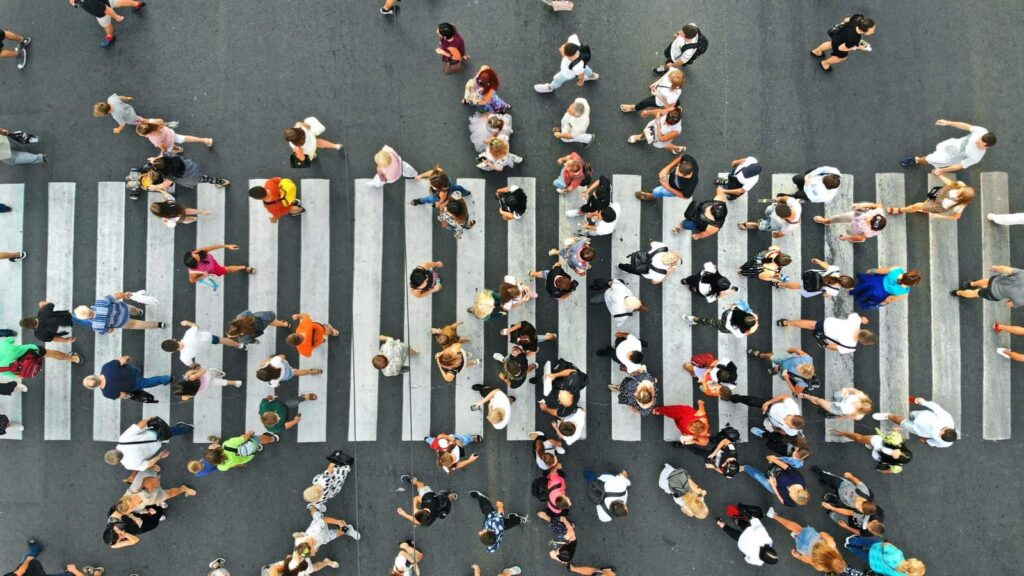British traditions, cherished and time-honoured, are facing a slow decline. Whether it’s royal ceremonies or local customs, these traditions once formed the bedrock of British society. However, with changing times, many of these age-old practices are losing their grip. Let’s delve into 21 reasons why British traditions are dying out.
Modernisation and Technology

Forbes says, “Since the mid-1990s, the Internet has had a revolutionary impact on communication.” Technology reigns supreme, so traditional practices often seem outdated. The digital revolution has transformed how we communicate, celebrate, and even entertain ourselves, meaning social media, streaming services, and online gaming have replaced many traditional activities.
Urbanisation
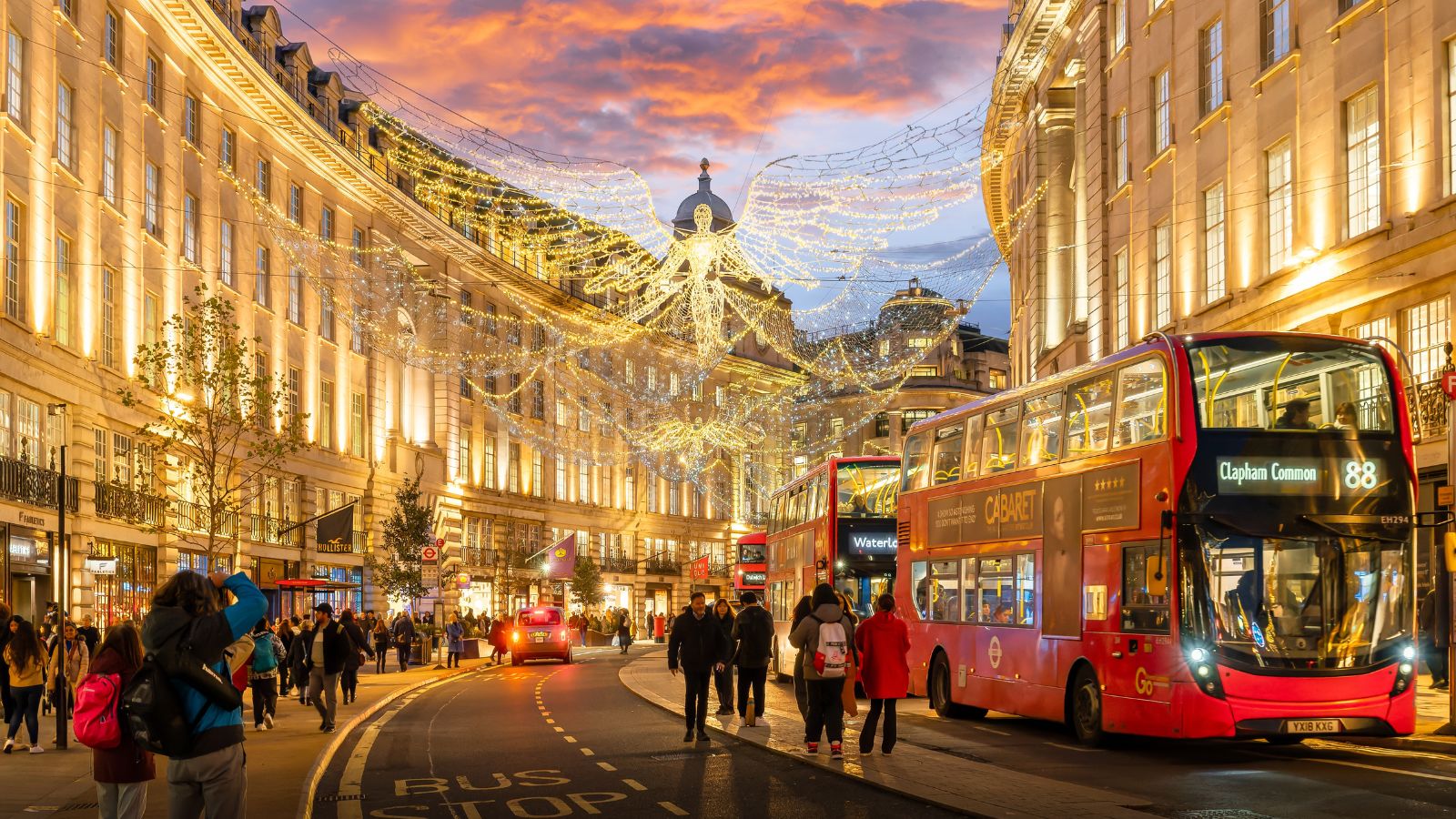
As more people move to cities, the close-knit communities that once upheld traditional practices are disappearing, as urban living often means smaller living spaces and busier lifestyles, leaving little room for communal gatherings. Busy city life rarely allows for the leisurely pace needed to observe many customs.
Globalisation

Globalisation has brought the world closer together, introducing new cultures and practices. While this enriches our lives, it also means that unique local traditions can be overshadowed. Younger generations might find international customs more appealing or relevant, leading to a decline in the practice of traditional British customs.
Changing Family Structures

Traditional British customs often revolved around the family unit. However, modern family structures are more varied and less traditional than in the past. With more single-parent households, blended families, and individuals living alone, the transmission of traditions from one generation to the next is becoming less common.
Busy Lifestyles

Modern life leaves little time for the observance of traditional customs because people are working longer hours, commuting further distances, and balancing more commitments than ever before. This leaves limited time and energy for engaging in traditional activities, which can seem like an added burden rather than a joy.
Decline of Rural Communities

A lot of traditions have their roots in rural life, so as rural communities shrink and more people move to urban areas, the customs associated with country living are fading. Agricultural festivals, local fairs, and seasonal celebrations that were once commonplace in rural areas are becoming rare.
Loss of Traditional Skills

Many British traditions involve skills that are no longer widely taught or valued. From baking traditional recipes to crafting items by hand, these skills are being lost as fewer people learn them. The traditions themselves are at risk without the knowledge and ability to carry on these practices.
Influence of Modern Entertainment

Modern entertainment, such as movies, television, and video games, offers instant gratification and often overshadows traditional pastimes. Young people, in particular, may prefer these forms of entertainment over engaging in traditional activities, leading to a decline in participation and interest.
Economic Pressures

Making it difficult to sustain traditional practices, economic challenges can have a negative impact on customs that involve costs, whether for materials, travel, or participation fees. In times of financial strain, people might prioritise necessities over traditions, leading to their decline.
Secularisation
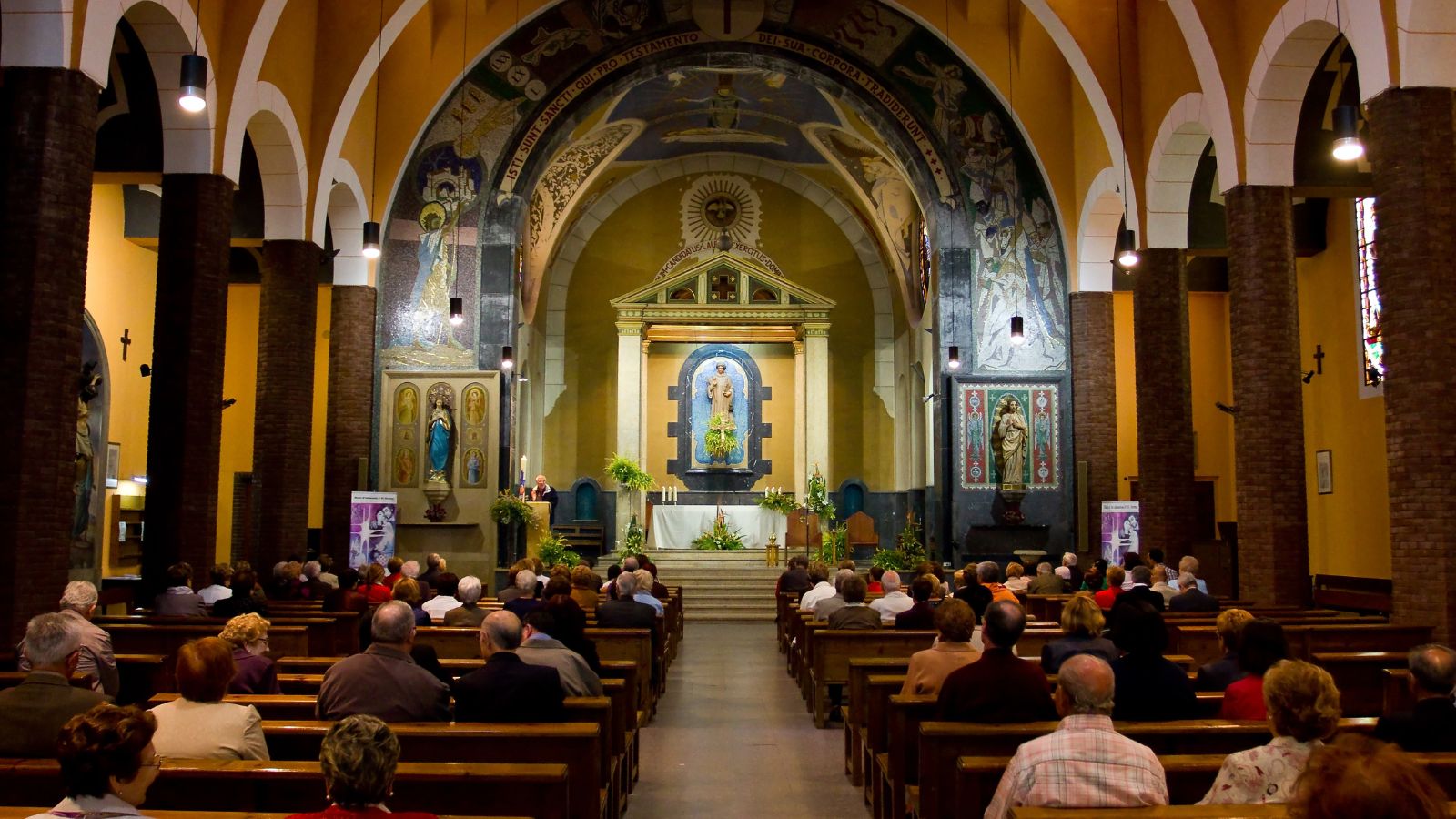
As society becomes more secular, religious traditions that were once central to British life are losing their significance. Church attendance has declined, and with it, many of the customs and celebrations tied to religious observance. Without a strong religious framework, these traditions have less of a foothold.
Influence of Popular Culture

Popular culture, driven by media and celebrity, often sets trends that overshadow traditional customs. People are more likely to celebrate Halloween than Guy Fawkes Night, for instance, because of the influence of American culture and media. This shift in focus contributes to the decline of uniquely British traditions.
Educational Focus

The focus of education has shifted towards academic achievement and skills relevant to the modern economy, often at the expense of teaching traditional crafts, folklore, and customs. With less emphasis on these areas in schools, young people have fewer opportunities to learn and appreciate their cultural heritage.
Migration and Multiculturalism
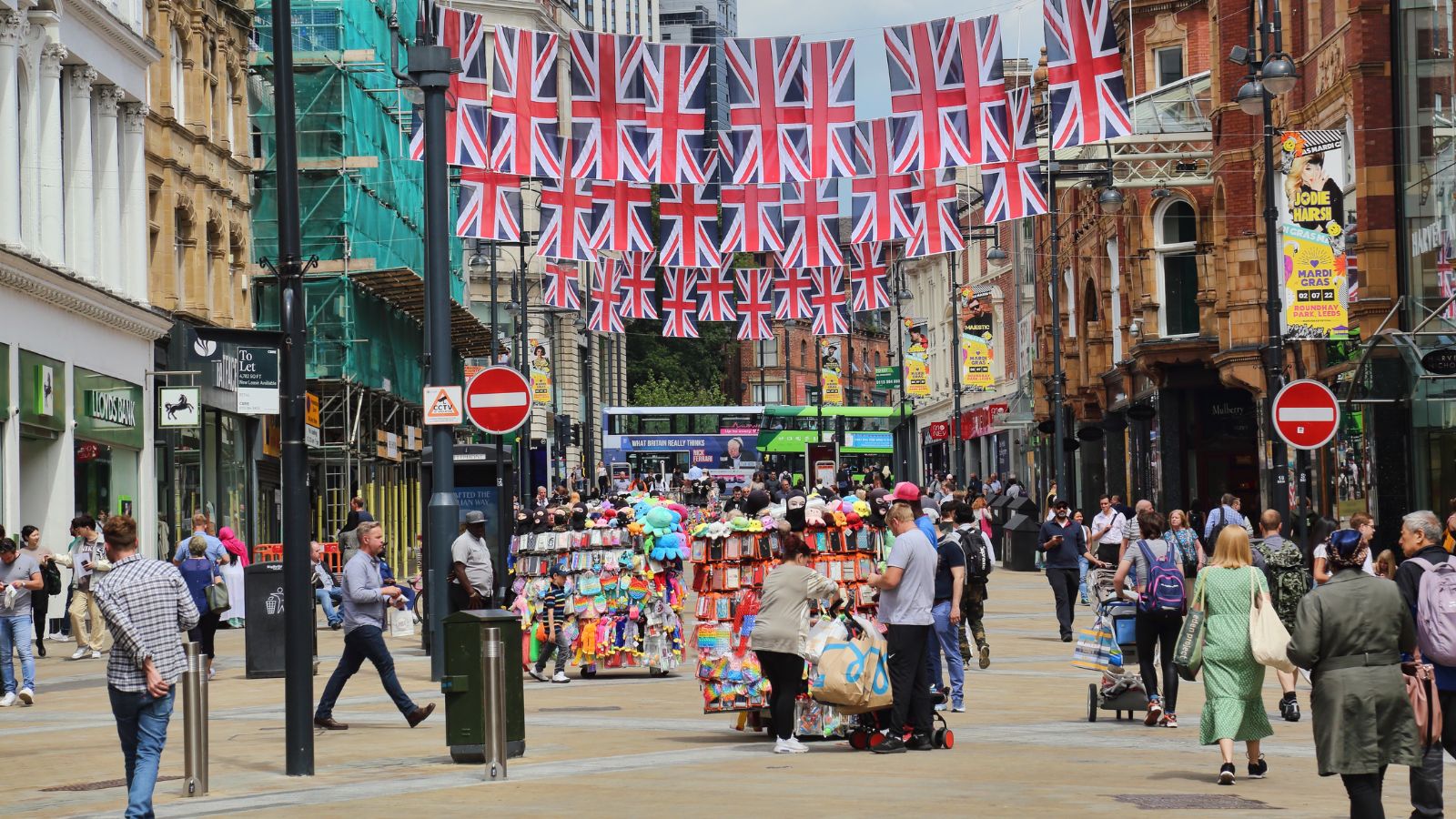
An influx of people from different cultures has enriched society in the UK but also introduced new traditions that may compete with or replace traditional ones. Multiculturalism brings a blend of customs and practices, which can dilute the emphasis on purely British traditions.
Environmental Concerns
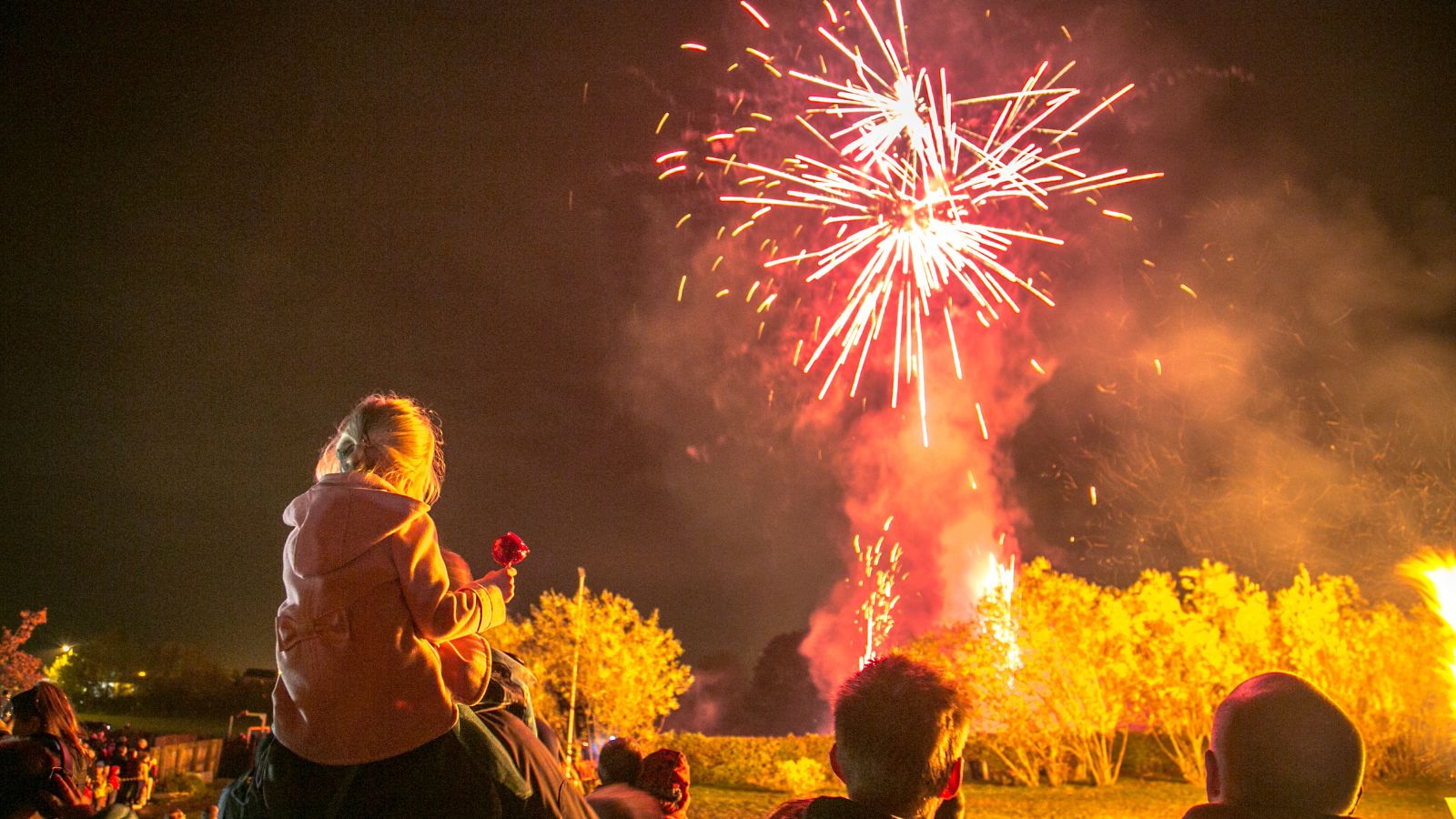
Some traditional practices have come under scrutiny for their environmental impact. Bonfire Night, for example, is criticised for air pollution, and as awareness of environmental issues grows, people may choose to forgo certain traditions in favour of more eco-friendly activities.
Loss of Local Pubs

The local pub has traditionally been a hub for community and cultural exchange. However, the decline of pubs across the country means fewer opportunities for social interactions that support the continuation of local customs and traditions. The closure of these establishments removes a key venue for traditional gatherings.
Changes in Dietary Habits
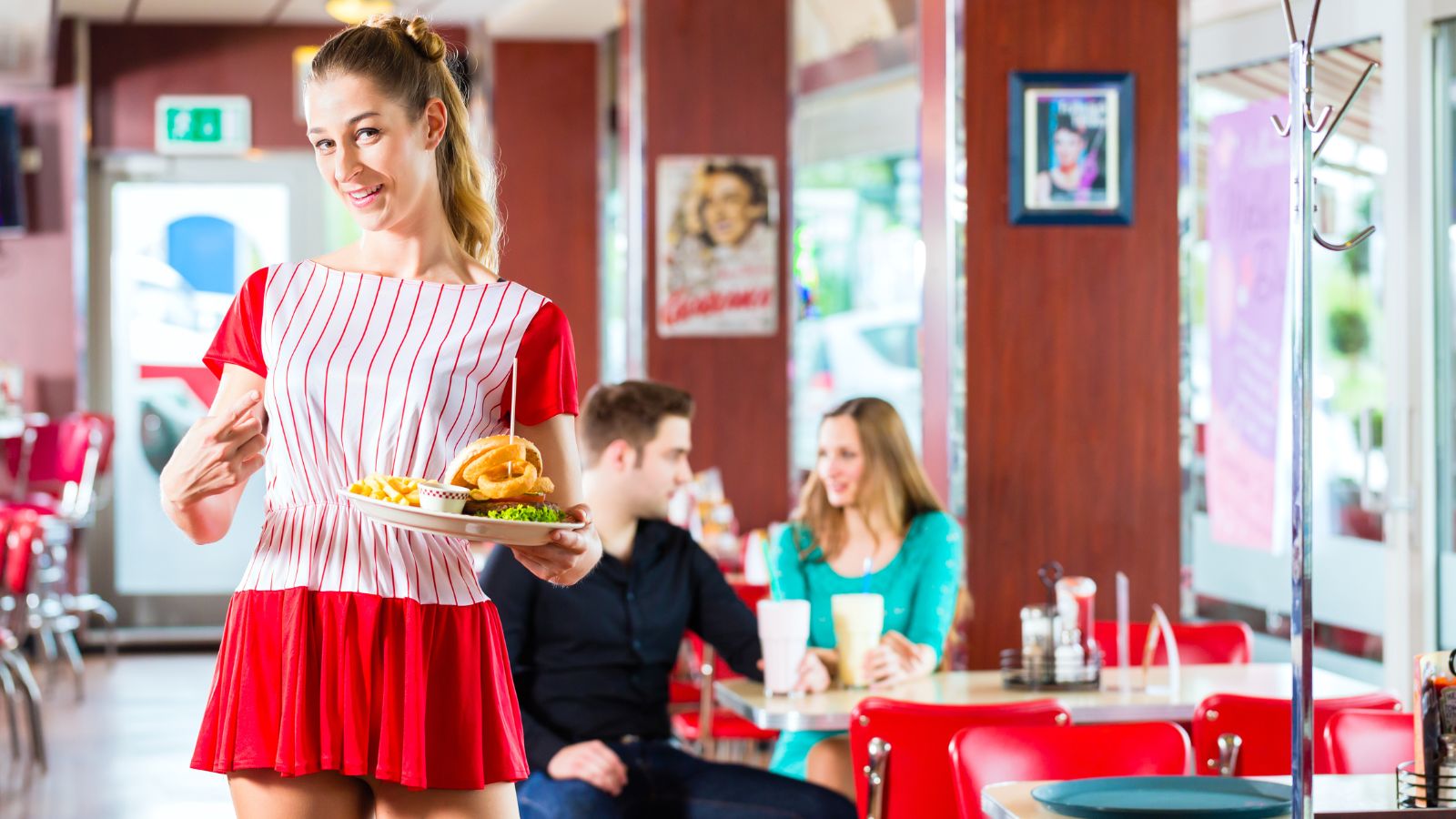
Traditional UK foods and meals are often being replaced by international cuisines and fast food. The shift in dietary habits means that traditional dishes, once a staple of British life, are now less common. This change impacts food-related customs and traditions, making them less familiar to younger generations.
Decreased Interest in History

A growing focus on the future and technological advancement can overshadow the importance of history, as without an interest in or appreciation for the past, people are less likely to engage in traditional practices that have historical significance. This disinterest contributes to the fading of traditions.
Lack of Participation

Traditions need active participation to survive, but many people feel disconnected from or uninterested in traditional practices. This lack of engagement can stem from a variety of factors, including a perceived lack of relevance or understanding of the traditions.
Shift in Values

Modern values often emphasise individuality and personal achievement over communal activities and continuity of customs. This shift means that people might prioritise personal goals over participating in or preserving traditions, and the emphasis on modern values over traditional ones accelerates the decline.
Changing Celebrations

Traditional customs are often overshadowed by modern events and holidays, against New Year’s Eve parties, music festivals, and international holidays. These sometimes take precedence over local traditions. The changing landscape of celebrations means that traditional customs are often sidelined.
Lack of Support

Finally, the survival of traditions often depends on institutional and community support. Without funding, promotion, and organisation, many traditions struggle to continue. Therefore, as public and private support for traditional activities wanes, the customs themselves are at risk of disappearing.

